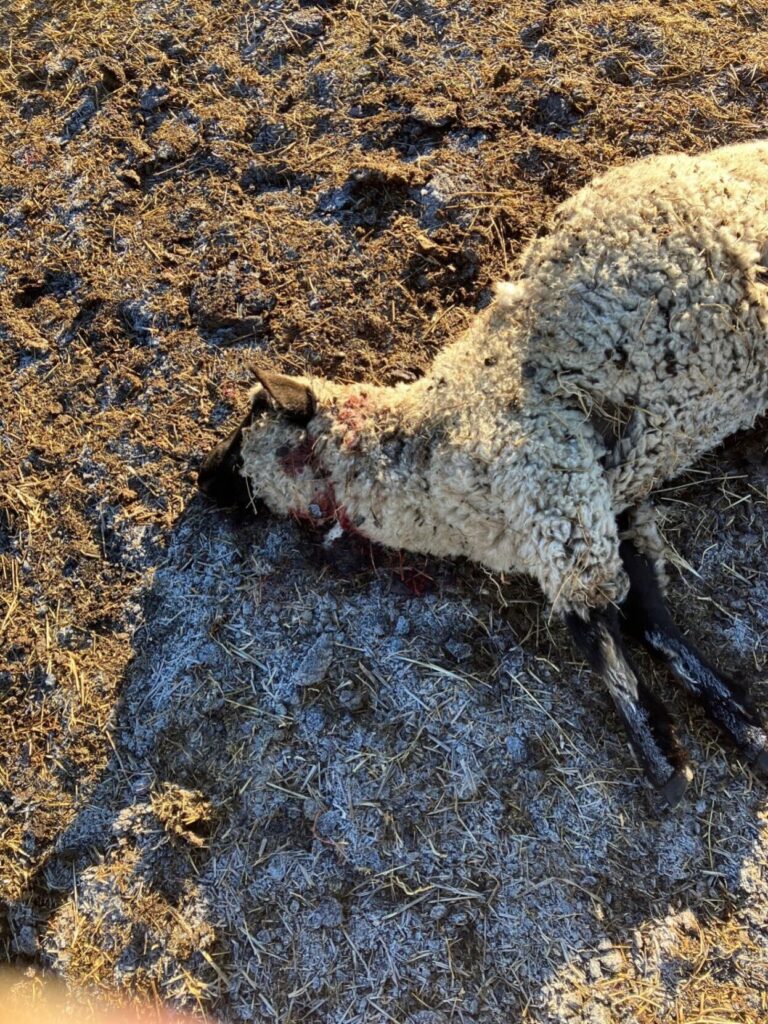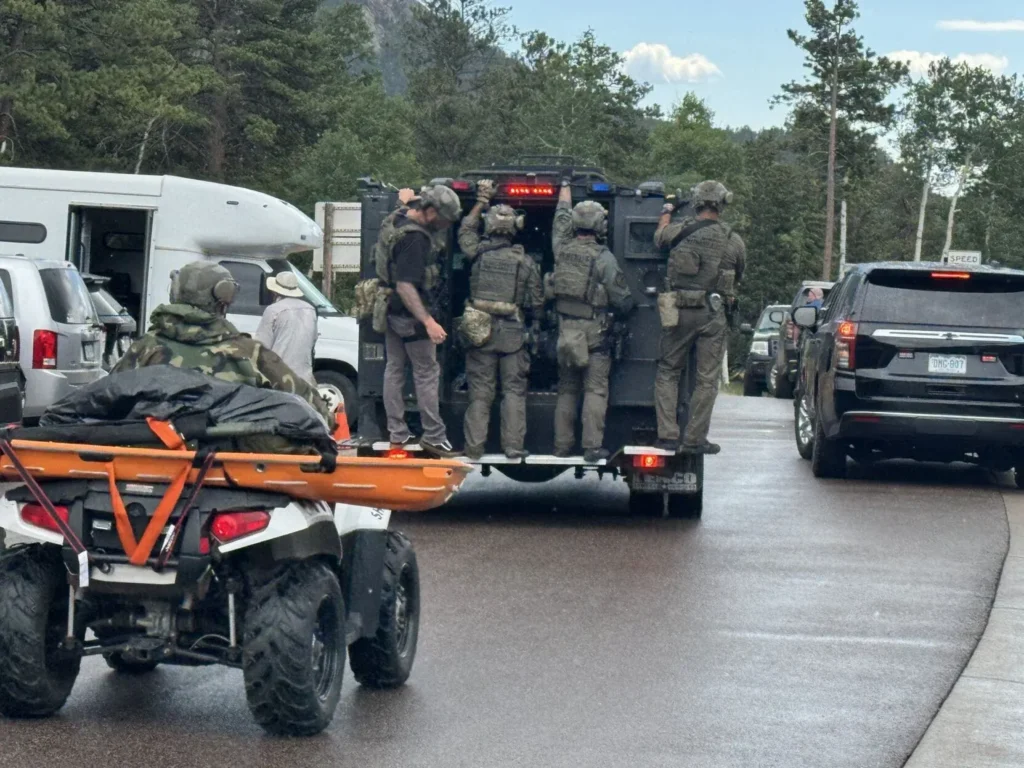British Columbia wolf found dead in Rocky Mountain National Park
Another wolf exported from British Columbia to Colorado in January was found dead on Sunday in Rocky Mountain National Park.
It’s the third wolf to die in the past month from the 15 brought to Colorado from Canada.
Neither the Colorado Parks and Wildlife nor the Rocky Mountain National Park disclosed the cause of death or exactly where the wolf was found. A necropsy, to be conducted by the U.S. Fish and Wildlife Service, should shed light on the wolf’s demise.
Rocky Mountain National Park typically receives 4.5 million visitors per year.
That’s the sixth wolf reintroduced under the state’s controversial wolf program to die in the past year.
The other two British Columbia wolves both died in Wyoming. One was killed by U.S. Fish & Wildlife personnel after they found the wolf had killed five sheep. Colorado Parks and Wildlife has claimed that the Canadian wolves had no history of killing livestock.
The cause of death of the other wolf or where it died was also not disclosed by the state wildlife agency, and it’s unknown whether a necropsy of that wolf is planned.
The wildlife agency released the British Columbia wolves in Eagle and Pitkin counties in January. Wolves can travel hundreds of miles in a short time.
Three wolves brought to Colorado from Oregon, where they came from packs with a history of killing livestock, also died in the past year. The male wolf of the Copper Creek pack, which produced at least four pups, died from a gunshot wound. A second wolf was killed in a fight with another wolf, and the third died after a fight with a mountain lion.
That leaves 26 collared wolves in the state: 12 out of the 15 brought from British Columbia; five from the Copper Creek pack that were re-released in January after being captured last fall; two that migrated into the state from Wyoming and which have been killing livestock and dogs in Jackson County; and the rest from the original 10 that came from Oregon in December, 2023.
A footnote in the state’s 2025-26 budget bill awaiting action from the governor directs the Colorado Parks and Wildlife to implement “all state-funded preventative measures” contained in a petition submitted by 22 agricultural organizations, along with Colorado Counties, Inc., in September. The footnote adds that the portion of funds intended for reintroduction should not be spent until those preventative measures are implemented.
The petition sought a delay in introducing more wolves until the wildlife agency has implemented measures, such as training range riders in areas where wolves are located, developing depredation response teams, implementing additional nonlethal conflict techniques, conducting site assessments, managing carcasses, and improving communication between the agency and affected ranchers.
The agency didn’t have those processes in place before the second batch of wolves were released in Eagle and Pitkin counties, and there has been one confirmed kill of a pregnant heifer in Eagle County last month, along with reports of missing livestock.
Wolves brought to Colorado from Oregon and British Columbia have slaughtered dozens of livestock in the past year.
Voters in 2020, largely along the Front Range, narrowly approved the reintroduction of wolves into counties west of the Continental Divide, with voters in all but one of those Western Slope counties overwhelmingly rejecting the ballot measure.











